For best user experience, view on desktop screen.

What Latino families need now
INTRODUCTION
In a matter of months, Latino American lives have drastically changed. Here are the real stories and real solutions.
The coronavirus pandemic has caused catastrophic outcomes worldwide, and continues to worsen across the United States. Latinos are some of the hardest hit by COVID-19—four times more likely to be hospitalized than whites, according to the CDC. However, it’s not just the infection rate that has made this health crisis so lethal. The pandemic has revealed deep inequities in the United States’ healthcare, social safety net, and education systems. With one of the highest unemployment rates since the Great Depression in the 1930s, Latino families are struggling to pay bills, homeschool their children, and find the healthcare they need.
Additionally, the country is reeling from escalating racist violence, causing historic social uprisings in the name of Black Lives Matter. Thus far in 2020, the American economic and cultural landscape has changed drastically, bringing equity and racial justice to the forefront of the national conversation.
Latino families contribute more than $700 billion to the economy annually, according to the U.S. Hispanic Chamber of Commerce, and own over four million U.S. businesses. They are the second largest racial group behind white non-Hispanics, according to the Pew Research Center, and make up 28% of public school students. Studies show working Latino families—entrepreneurs, small business owners, day laborers, skilled workers, childcare providers, and parents—are the linchpin of the United States’ economic vitality. The future of our country is inextricably linked to the wellbeing of Latino families.

their students are falling behind
83% of parents are worried

may experience police violence
81% of parents fear their children

businesses negatively impacted
1 in 3 Latino families have seen their
Education
Education
The problems
Key concerns:
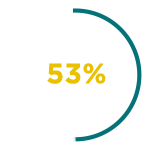
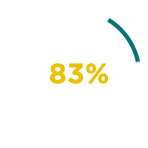




Top challenges for distance learning

“As parents we have not studied at the same level as teachers and we cannot offer the same level of education at home to our children.”
-Maria Ventura, Brooklyn, NY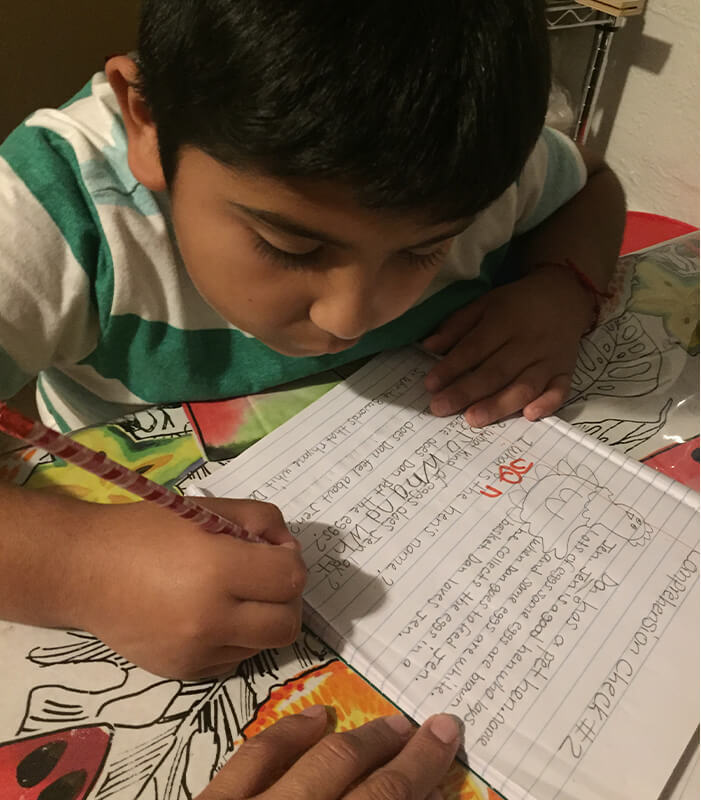
Education
Education
The solutions
Biggest needs:

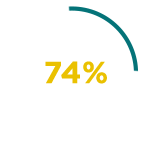



How to help parents with remote learning
SOFTWARE
SOCIAL EMOTIONAL SUPPORT
76%
INSTRUCTION
DIRECTIONS
HANDS-ON LEARNING
TECH HELP
TUTORING
OFFLINE WORK
PRINTERS
COMPUTERS
“In the second month of the pandemic, our internet got cut off. My older children did school through their phones, but the mobile hotspot was not big enough to do a Zoom meeting. Having no wifi made online learning so difficult.”
-Joana Perez, Los Angeles, CA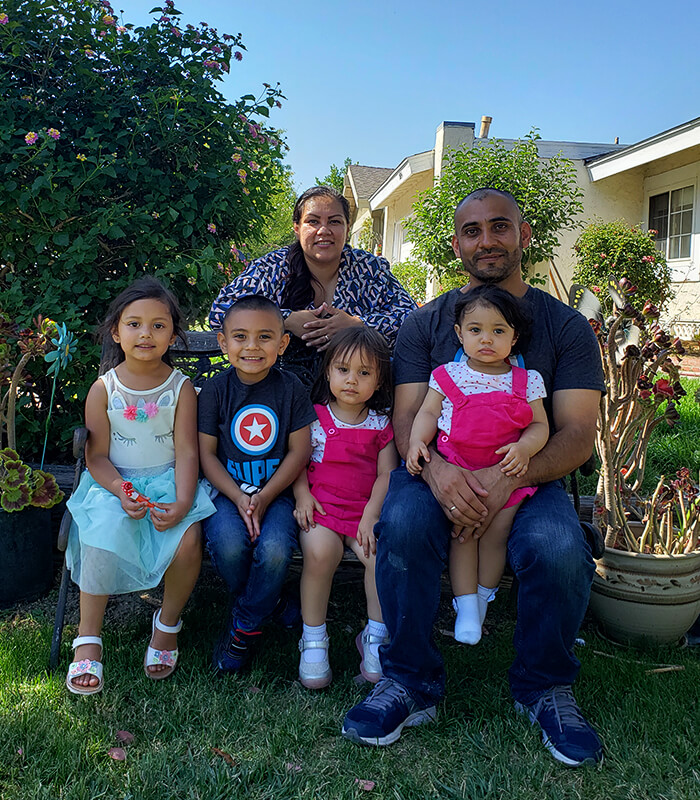
Economic Security
Economic Security
The problems
Key concerns:
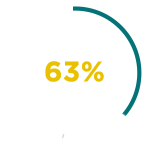
of families lost employer-provided health insurance; 54% lost coverage for their children as well
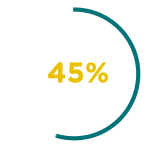

of families are concerned they can’t keep up with rent/mortgage, utilities, and/or food

of families have either seen their business shut down and/or significant drops in revenue
“The fact that 1 in 3 Latino families have seen their businesses negatively impacted by COVID-19 is an inauspicious sign for the economic health of the small-business sector.”
-The Brookings Institute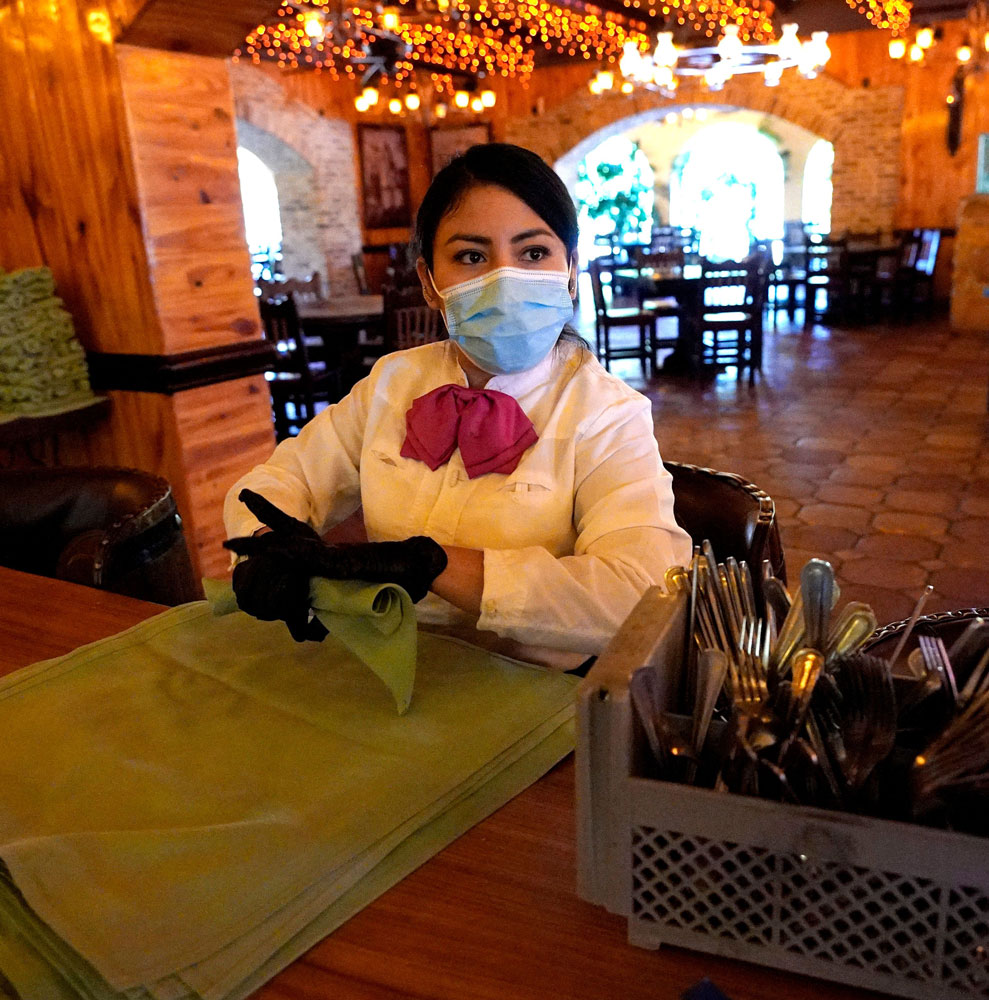
How COVID-19 affected jobs:

How much money families currently have in savings

Biggest fears:
“As parents we do not receive any help, and rent just goes up and up. We had some savings, hoping for rent payments to be frozen, but had to use it so we don't get evicted.”
-Lucia Cielo, Brooklyn, NY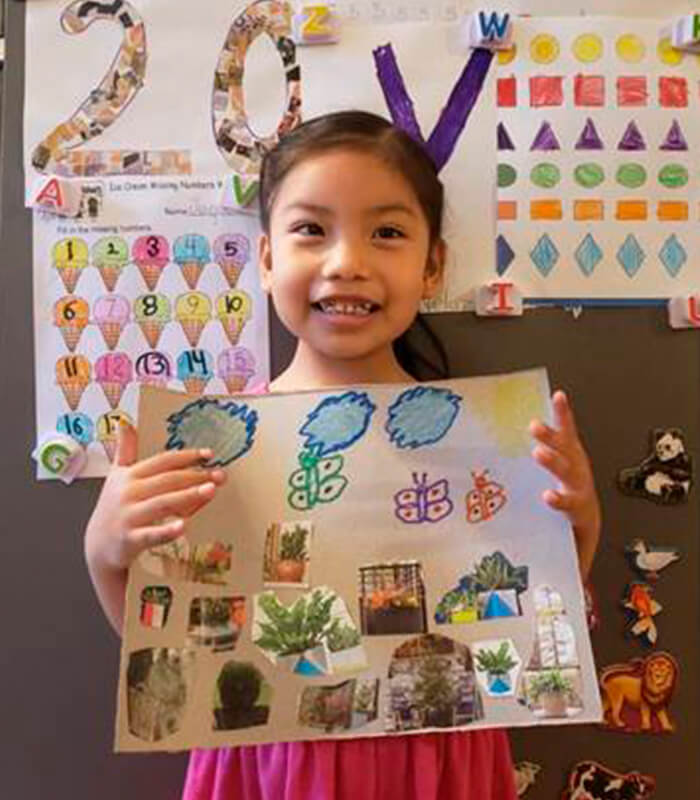
Economic Security
Economic Security
The solutions
Key assistance needed:



Solutions families support
INCLUDE UNDOCUMENTED FAMILIES
82%
SICK LEAVE
VIRUS TESTING
COVID-19 TREATMENTS
BUSINESS LOANS
VOTING
UNEMPLOYMENT
STATE FUNDING
75%
HOUSING HELP
78%
CAREER HELP
Additional support for career counseling
Additional support for education counseling
“The government should provide more help to support workforce and education development of adults, especially undocumented people. I really hope the U.S. continues the DREAM Act, because it was the only way I was able to grow professionally and educationally.”
-Ofelia Bucio, Homestead, FL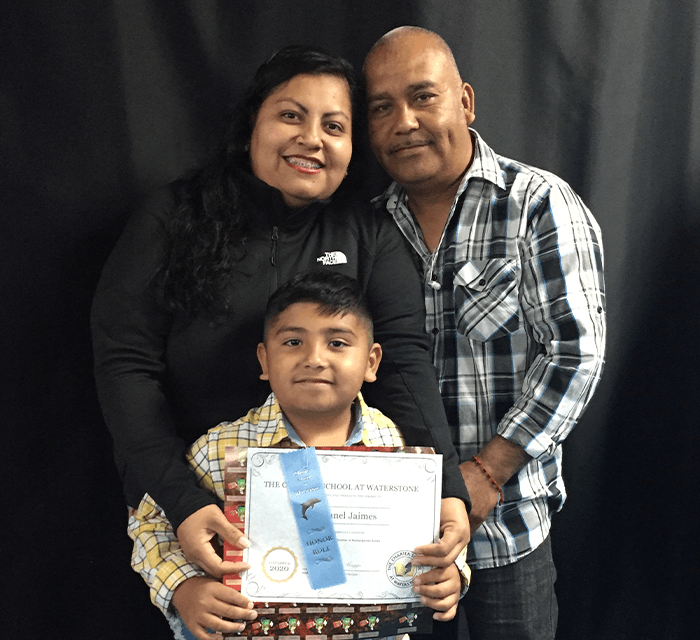
Racial
Justice
Racial
Justice
The findings:

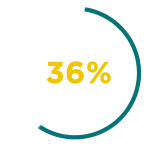

"The sea of faces included young Latinos who had marched before, during the immigrant rights movement a decade ago...There was no doubt in these protesters’ minds: Their fights against racism are bound up together."
-"Latinos Back Black Lives Matter Protests" The New York Times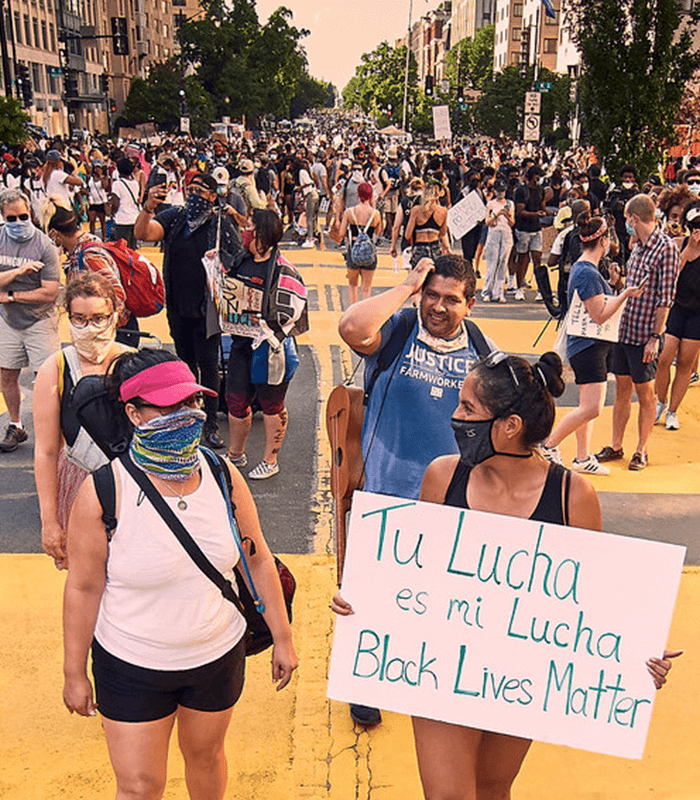
How Latinos relate to the pain and frustration of the Black Lives Matter movement
“I want my children to learn more about Black history, not just during the month of February. I want to see more Black politicians, law enforcement, and entrepreneurs so that our children know that they can be more than just athletes and music artists.”
-Esperanza Olan, Alamo, TX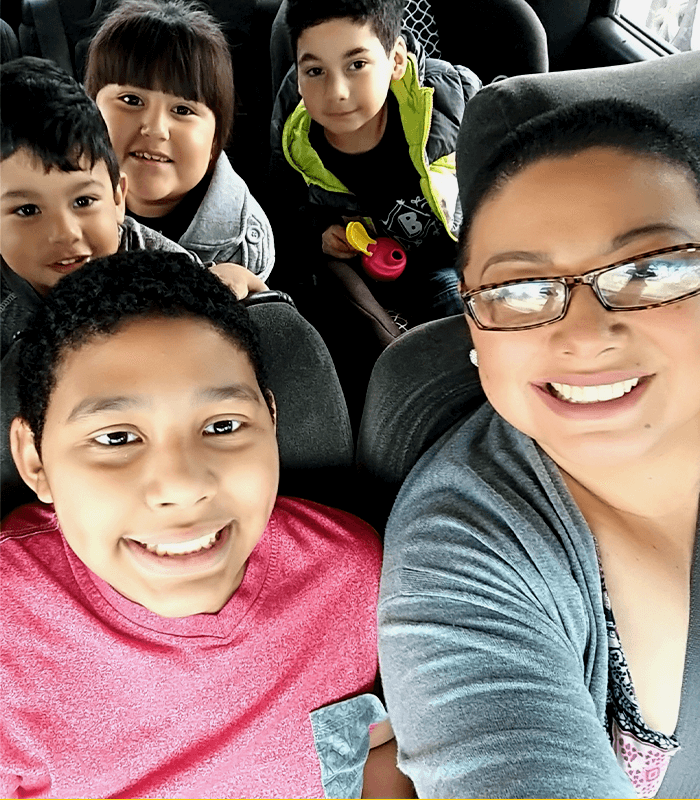
Latino Decisions
The leader in Latino political opinion research, Latino Decisions is comprised of credentialed research scientists with established publication records, rigorous methodological training, and experience with large-scale collaborative research projects. Latino Decisions produces the most accurate information about Latino political attitudes, experiences, and engagement. More information at latinodecisions.com.
Abriendo Puertas/ Opening Doors
Survey Methodology
Special thanks
Esperanza Olan and family, Lucia Cielo and family, Maria Ventura and family, Joana Perez and family, Ofelia Bucio and family, Dr. Gabriel Sanchez and the Latino Decisions team, Cypress Hills Childcare Corporation, Redlands Christian Migrant Association, UTRGV Early Head Start-Child Care Partnership, and St. Anne's Center.
Webpage designed by
MediaDesk
Photo credits
Joana Perez
David J Phillip
Maria Ventura
Lucio Cielo
Tom Gowanlock
Richard Thorton
David J Phillip
Rebecca Blackwell
Ofelia Bucio
Daniel Arauz
Maverick Pictures
Ruslana Lurchenko
Geoff Livingston
Esperanza Olan


